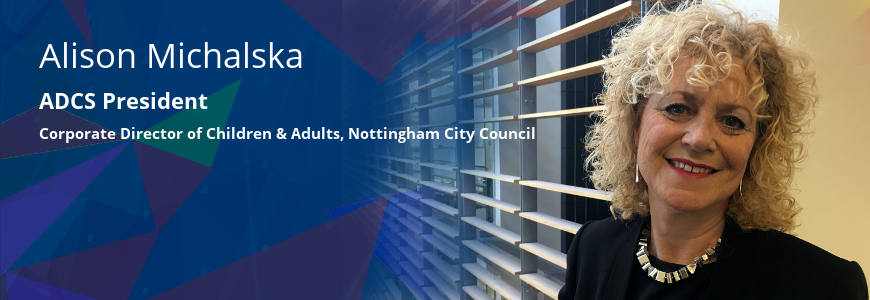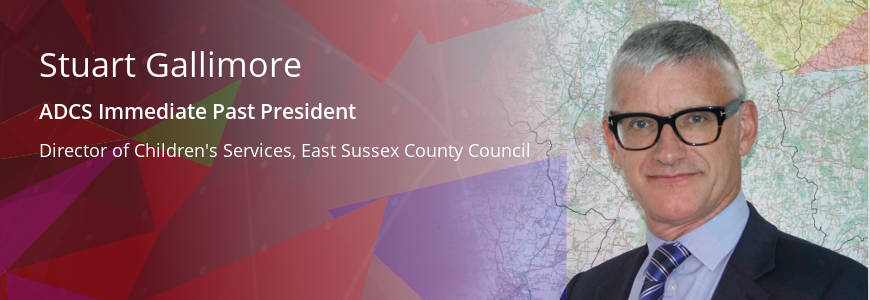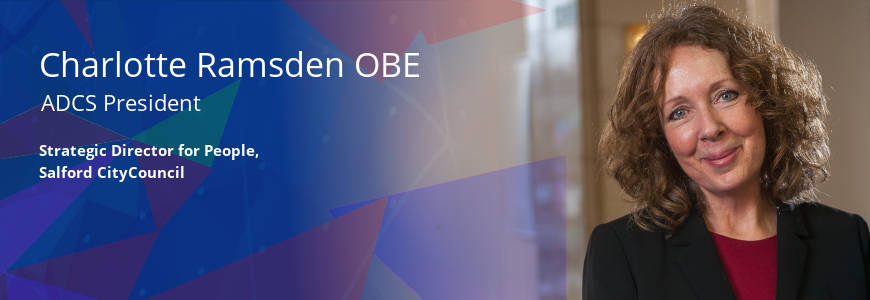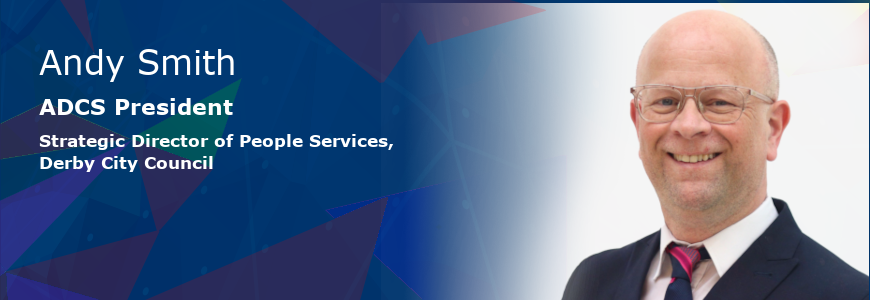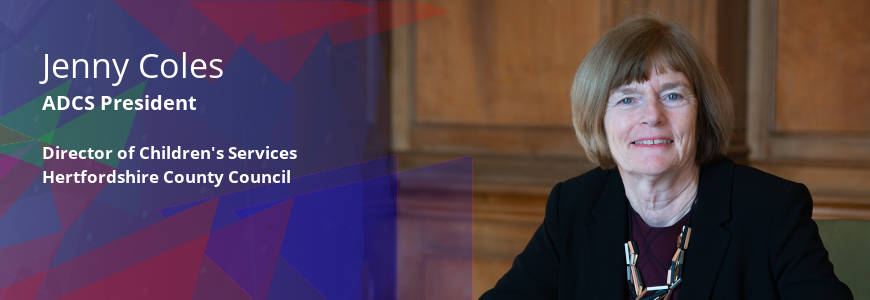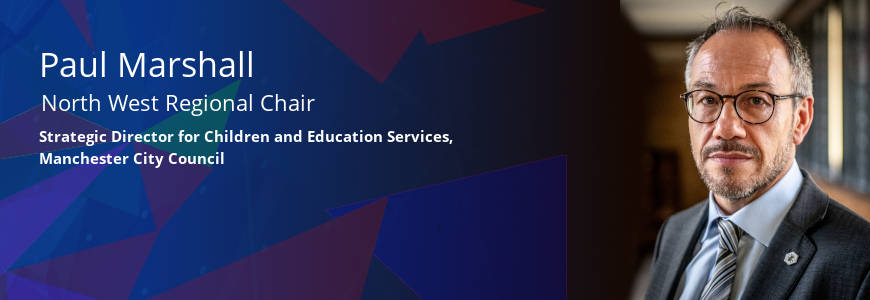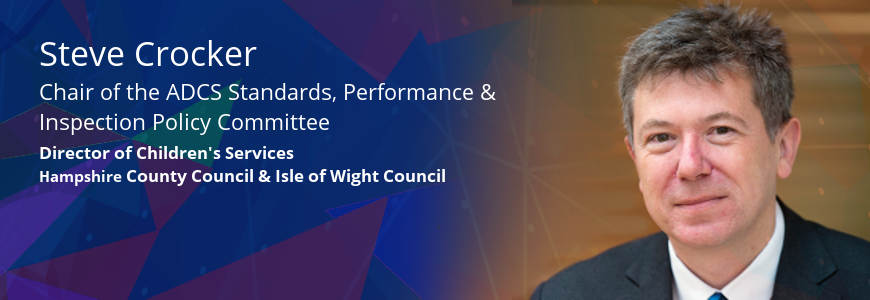Creating the Conditions for Success

Last week David Cameron announced a set of measures to increase the number of children adopted and to speed up the process of adoption. More specifically these measures included doubling the number of children placed with their adoptive family, placing children with relatives who are most able to meet their needs and merging all council adoption services with regional bodies to reduce any delays when matching children with adopters.
Of course ADCS understands only too well the role that adoption can play in securing stable, long term placements for some children, but a sensible balance needs to be found between adoption and all other forms of permanence. For me the space I would like to be in is one which uses an evidence based approach, using research to inform best practice and find the right balance to promote better outcomes for each child.
In Essex we have resisted the crude chase for meeting targets and timescales, and yet our adoption figures remain strong. We have also resisted the temptation to simply chase timeframes, why?, because we have an enduring commitment to placing sibling groups, children with special needs and older children – for whom prescribed timeframes can often militate against the complexity involved in finding, matching and securing adoptive placements.
As a sector we need to promote a better debate to gain a rounded picture of what best practice looks like, including a look at the core indicators that can help to inform future practice. So for instance would we want to measure adoption timescales, without a measure of complexity and reference to the rate of adoption breakdown?
I consider that the Conditions for Success are a key component of how to create an environment and culture in which best practice can be supported. Evidence and research based practice is a core component in establishing such conditions. This requires a number of things including a whole systems approach to strategic planning and service delivery and a focus on recruiting, developing and retaining staff.
By doing so we can create an environment for workers to be skilled and confident in their ability to confront, challenge and resolve and ultimately create the conditions for success. ADCS is keen to create a greater capacity for directors of children’s services and their senior management teams to share experience, knowledge and capacity. Adoption and permanence would be a good place to start.
Related Blog Articles
As we move into the festive season, by turn I feel overwhelmed and yet...
In General
Foster carers are at the heart of our care system and carry out an invaluable...
In Care
I have been a Social Worker for 35 years and it is in our nature to be...
In General
As I write this I am reflecting on the life of a wonderful friend and colleague...
In General
It only feels like a few weeks ago when I was writing my first blog as ADCS Vice...
In General
I have been wondering about whether the ADCS blog could become like one of those...
In General
As with so much in life you learn a lot from your children. It was only when my...
In General
This week marks my first as ADCS President. It promises to be an interesting and...
In General
As I write this blog, I do so acutely aware the government’s eagerly...
In Care
In the last week, I had a really interesting series of meetings with Dave Hill,...
In Education
I am an advocate of collaborative working in general and a strong supporter of...
In Care
I hope you’ve all had a decent Christmas and New Year break. If you are an...
In Care
Outcomes based practice and accountability! Nothing new you might say. At a time...

